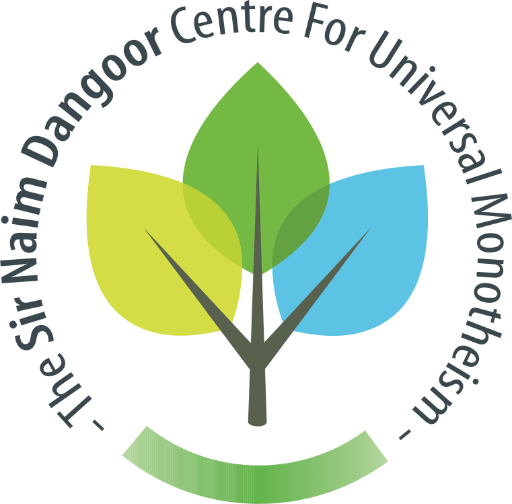The Dangoor Centre in the Faculty of Humanities at Bar-Ilan University this week marked the 30th anniversary of the establishment of relations between India and Israel
By: Elana Oberlander, Jerusalem Post 15/5/2022
While 4,000 km separate the two countries, as the Indian Foreign Minister pointed out in a special column published to mark the occasion, there seem to be plenty of similarities over differences. “There are differences in the number of residents, of course,” noted Bar-Ilan University Prof. Itamar Theodor, who initiated the conference. “Even so, it is impossible to ignore the fact that both remain the only democratic countries in the region, both face difficult internal rifts and, of course, both India and Israel face challenges posed by the threat of radical Islam.” Similar challenges and a common map of interests did little to advance the course of formal diplomatic relations between the countries over the years. It has been a complex process spanning many years, with ups and downs, and diplomatic efforts that have only in recent years matured into full public relations.
“The political process that ultimately led to the establishment of relations exactly 30 years ago was a long one,” said Dr. Danielle Gurevitch, Director of the Dangoor Centre and host of the conference. “This event is intended to discuss this process from both perspectives – how things looked from the Indian side and how Israeli diplomacy and experts understood the dynamics,” she added.
“The story between India and Israel, or the Zionist movement, dates back to the time of Gandhi’s rule,” explained Lauren Dagan Amoss, a political science researcher who specializes in Gandhi’s rule. “Mahatma Gandhi was known to have viewed the Zionist movement unfavorably, as was his statement: ‘Palestine belongs to the Palestinians as England belongs to the English’, but his attitude toward the Zionist movement stemmed mainly from his holistic view of the world. He saw Zionism as a movement with religious characteristics and balked at that narrative,” she said.
Even after Gandhi’s time, India pursued a hostile policy against Israel. India, for example, was among the leaders at the UN in the days before the 29th of November that supported the Arab narrative and opposed the creation of a Jewish state in Mandate Palestine. In addition, during the Cold War, India tried to maintain the concept of non-aligned states, as it needed the assistance of the two rival powers and avoided overt support for one of the hawkish sides.
Daniel Carmon, Ambassador of Israel to India from 2014-2018 was the guest of honor. “It was only with the rise of Narendra Modi in 2014 that relations became distinctly public.” And for that, the hard work of the Indian Foreign Ministry in shaping foreign policy and India’s perception of Israel should be recognized. Prime Minister Modi’s is great contribution has led to an unprecedented warming of relations between the countries.”
Why is Israel interested in cooperation with a huge country like India, apart from the trivial reasons of tourist attractions that are popular with Israelis?” asked Attorney Anat Bernstein Reich, Chairman of the Israel-India Chamber of Commerce. First, for reasons similar to Indian interests in the region, the exchange of technological know-how, agriculture, and trade but certainly diplomatic-strategic considerations between the countries. India is developing into a regional power, and aspiring to become an international one. Both countries will benefit from India’s position in the Middle East if they continue to cooperate on various levels.”
It is difficult to accurately predict how the tectonic plates of world politics will move in the future and what benefits the many Israel-India collaborations will yield. However, the conference concluded that it can be safely assumed that a regime change in India will not shake the strong bilateral relations.
Additional participants in the conference included Sanhit Borgham, head of the Indian Embassy’s Cultural Center, Abhinav Pandya, founder and CEO of the USANAS Foundation, Dr. Shimon Lev of Tel-Hai College, Avner Isaac, President of the Indian Jewish Heritage Centre, and doctoral student Ran Amitai. Ido Gafni and Madhav Haridas performed a musical tribute to mark the occasion.



